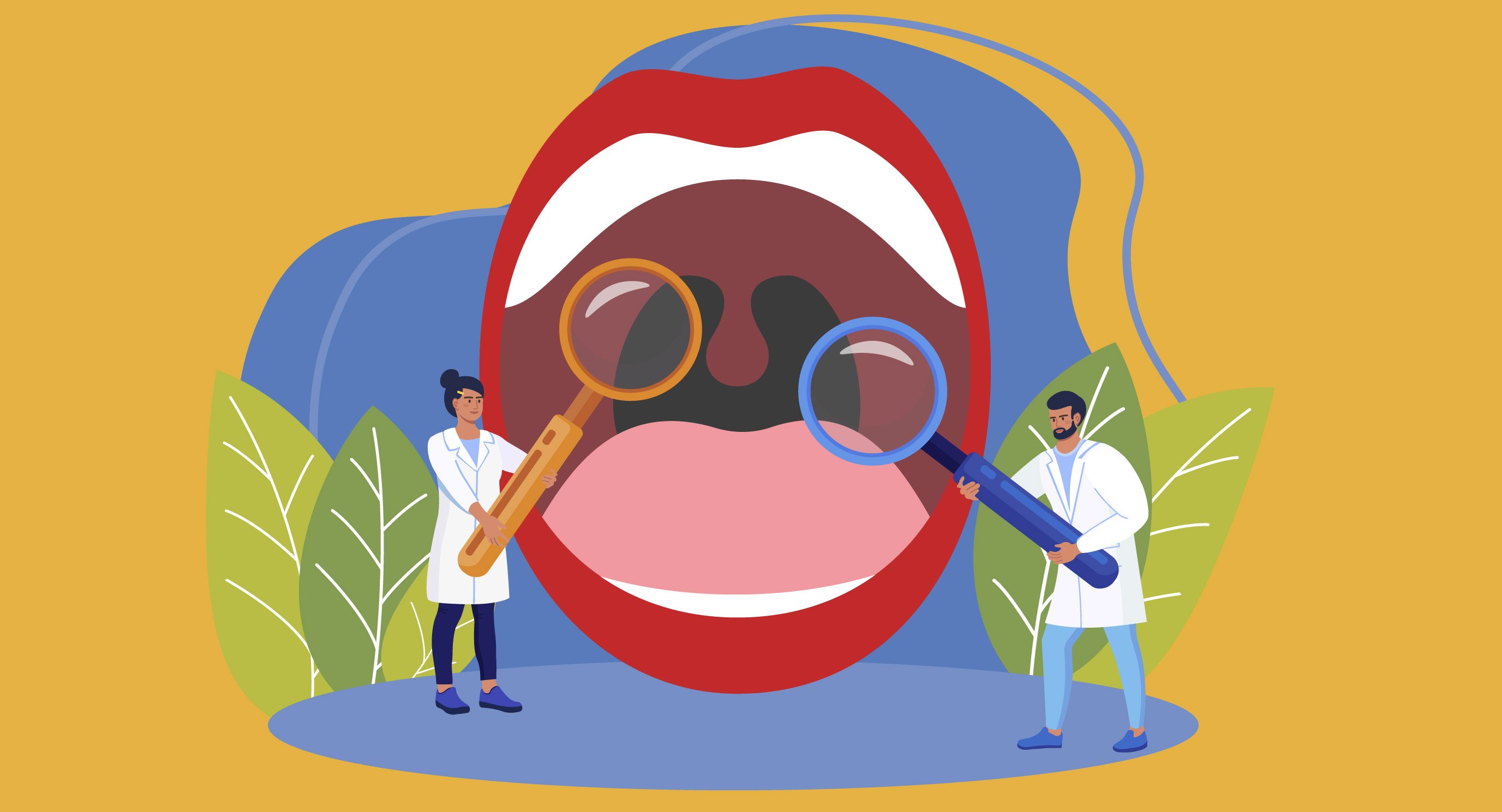- Diseases
- Acoustic Neuroma (14)
- Adrenal Gland Tumor (24)
- Anal Cancer (66)
- Anemia (2)
- Appendix Cancer (16)
- Bile Duct Cancer (28)
- Bladder Cancer (68)
- Brain Metastases (28)
- Brain Tumor (228)
- Breast Cancer (716)
- Breast Implant-Associated Anaplastic Large Cell Lymphoma (2)
- Cancer of Unknown Primary (4)
- Carcinoid Tumor (8)
- Cervical Cancer (154)
- Colon Cancer (164)
- Colorectal Cancer (110)
- Endocrine Tumor (4)
- Esophageal Cancer (42)
- Eye Cancer (36)
- Fallopian Tube Cancer (6)
- Germ Cell Tumor (4)
- Gestational Trophoblastic Disease (2)
- Head and Neck Cancer (6)
- Kidney Cancer (124)
- Leukemia (344)
- Liver Cancer (50)
- Lung Cancer (288)
- Lymphoma (284)
- Mesothelioma (14)
- Metastasis (30)
- Multiple Myeloma (98)
- Myelodysplastic Syndrome (60)
- Myeloproliferative Neoplasm (4)
- Neuroendocrine Tumors (16)
- Oral Cancer (100)
- Ovarian Cancer (170)
- Pancreatic Cancer (166)
- Parathyroid Disease (2)
- Penile Cancer (14)
- Pituitary Tumor (6)
- Prostate Cancer (144)
- Rectal Cancer (58)
- Renal Medullary Carcinoma (6)
- Salivary Gland Cancer (14)
- Sarcoma (236)
- Skin Cancer (294)
- Skull Base Tumors (56)
- Spinal Tumor (12)
- Stomach Cancer (60)
- Testicular Cancer (28)
- Throat Cancer (90)
- Thymoma (6)
- Thyroid Cancer (98)
- Tonsil Cancer (30)
- Uterine Cancer (78)
- Vaginal Cancer (14)
- Vulvar Cancer (18)
- Cancer Topic
- Adolescent and Young Adult Cancer Issues (20)
- Advance Care Planning (10)
- Biostatistics (2)
- Blood Donation (18)
- Bone Health (8)
- COVID-19 (362)
- Cancer Recurrence (120)
- Childhood Cancer Issues (120)
- Clinical Trials (622)
- Complementary Integrative Medicine (24)
- Cytogenetics (2)
- DNA Methylation (4)
- Diagnosis (226)
- Epigenetics (6)
- Fertility (62)
- Follow-up Guidelines (2)
- Health Disparities (14)
- Hereditary Cancer Syndromes (122)
- Immunology (18)
- Li-Fraumeni Syndrome (8)
- Mental Health (118)
- Molecular Diagnostics (8)
- Pain Management (64)
- Palliative Care (8)
- Pathology (10)
- Physical Therapy (18)
- Pregnancy (18)
- Prevention (888)
- Research (388)
- Second Opinion (74)
- Sexuality (16)
- Side Effects (602)
- Sleep Disorders (10)
- Stem Cell Transplantation Cellular Therapy (216)
- Support (404)
- Survivorship (322)
- Symptoms (186)
- Treatment (1770)
Lost your sense of taste or smell? 8 tips for eating well
5 minute read | Published February 23, 2021
Medically Reviewed | Last reviewed by an MD Anderson Cancer Center medical professional on February 23, 2021
It’s rare for people to completely lose their sense of taste or smell. But noticeable – and usually temporary – changes to these senses are both a common side effect of some types of cancer treatment and a tell-tale sign of a COVID-19 infection.
Our senses of taste and smell are so intricately linked that when you lose your sense of smell, it can often feel like you’ve also lost your ability to taste.
So, what can you do to make eating more enjoyable, if you’ve noticed changes in your ability to taste or smell? We asked our clinical dietitians. Here’s their advice.
1. Get moving
One way to get more out of your meals is by revving up your body’s natural craving for calories through exercise. So, set aside at least 30 minutes a day to get moving – even if it’s only a brisk walk around the neighborhood before you eat.
“I usually recommend physical activity to improve appetite,” notes Victoria Lee, clinical dietitian. “It also aids in the digestion of foods from the previous meal.”
2. Make it a production
It’s been said that people eat with their eyes first. So, don’t save your good dishes and silverware just for special occasions. Set the stage for culinary satisfaction daily by dusting off your fanciest place settings, and make every meal an event. Or get creative with herbal garnishes while plating your food, so that the end result is as visually appealing as it is tasty.
“Presentation matters,” Debra Ruzensky, clinical dietitian. “Especially when you’re not as interested in eating as you used to be. I recommend using smaller plates and portions so you’re not overwhelmed by the prospect of ‘too much food’ before you’ve even gotten started.”
3. Don’t underestimate the power of sour
Lemon juice or anything tart can stimulate saliva production. And that’s important, because a dry mouth is the enemy of flavor.
“Adequate moisture allows food to spread throughout the oral cavity and coat all the taste buds,” says Cindy Hwang, clinical dietitian.
So, try starting a meal with some lemon sorbet to wake up your taste buds, Lee suggests, or add a squeeze of fresh lemon juice to get the saliva flowing. Chewing slowly can also generate saliva, and sipping water can help keep your mouth moist during meals.
4. Be willing to step outside your comfort zone
If old favorites aren’t cutting it anymore, try foods that are different from what you would normally eat. Lee suggests experimenting with ingredients that pack a real flavor punch, such as ginger, mint or vinegar, which is a staple of pickles, olives, hot sauces, Worcestershire sauce and many salad dressings. You can also make foods taste better by adding fresh herbs like basil, oregano, rosemary, cilantro and tarragon, or strong seasonings like onion, garlic, and chili powder.
“Consider keeping a variety of sweet, salty, spicy, and sour condiments, sauces or dressings on hand, too – even if they’re not something you’ve ever liked in the past,” says Lee. “Leave them on the table during meals, so you can try something different if the first bite of something doesn’t meet your expectations.”
If you’re feeling really adventurous, branch out and try foods that you’ve never eaten before. New dishes can introduce you to different – and deliciously unexpected – flavor combinations that you’ve never experienced.
“Increasing the amount of herbs and spices used is our standard suggestion for making foods more appealing,” notes Hwang. “But mostly, it’s about changing things up to make flavor profiles stronger.”
5. Try different food textures
When your ability to perceive flavor is limited, the way foods feel while being chewed can take on a much greater significance.
“Some patients don’t have an appetite for soft foods like pudding, but they’re willing to drink fluids like smoothies or fortified beverages. Chewing and swallowing foods and drinking fluids are different experiences,” says Hwang.
To make things more interesting, Hwang and her colleagues encourage patients to try different combinations of textures in their meals, such as crunchy apples slices, celery or crackers with sticky peanut butter.
“Different tactile sensations can promote your appetite,” Hwang adds.
6. Play around with proteins
Some patients with smell- or taste-related deficits have a hard time dealing with the texture of meat. Many report that red meat in particular tastes metallic. To counteract that, marinate or cook meats in wine, sweet sauces or acidic dressings.
“You can also substitute chicken, turkey, fish, eggs, peanut butter, beans, soy milk, tofu or dairy products to get adequate protein in your diet,” says Ruzensky.
If the metallic taste originates from your mouth, rather than your food, try using plastic utensils and avoiding anything cooked, stored or packed in steel cans or aluminum foil.
7. Tinker with temperatures
Some patients with issues related to smell and taste find that chilled or frozen foods taste better to them than warm or hot foods. If that’s true for you, too, try yogurts, smoothies, shakes, egg salad or frozen fruit.
“You can also choose not to heat up your leftovers,” notes Ruzensky. “Or, heat them up just enough to bring them to room temperature and eat them right away.”
8. Stay flexible – and give yourself time
When you’re having trouble perceiving flavor, even your favorite foods can taste different from one day to the next. So, it’s important to persist – and adapt as your palate changes.
If you notice foods suddenly tasting salty or bitter, for instance, use honey, jam, or agave nectar to add sweetness. If, on the other hand, foods start tasting too sweet, add something sour or slightly bitter, like vinegar or tart citrus fruit.
“Finding things that will work for you takes trial and error,” adds Hwang. “And it’s an ongoing process.”
Chocolate, she notes, is something a lot of people can taste when they can’t taste anything else.
“Even if you can’t taste chocolate right now, try again in a couple of weeks,” she says. “It takes people different amounts of time to recover those senses. And things could change later on. So, keep trying.”
Request an appointment at MD Anderson online or by calling 1-855-940-4943.

Finding things that will work for you takes trial and error.
Cindy Hwang
Clinical Dietitian





